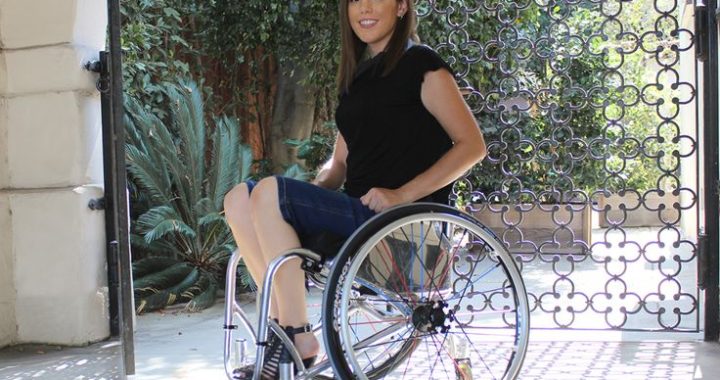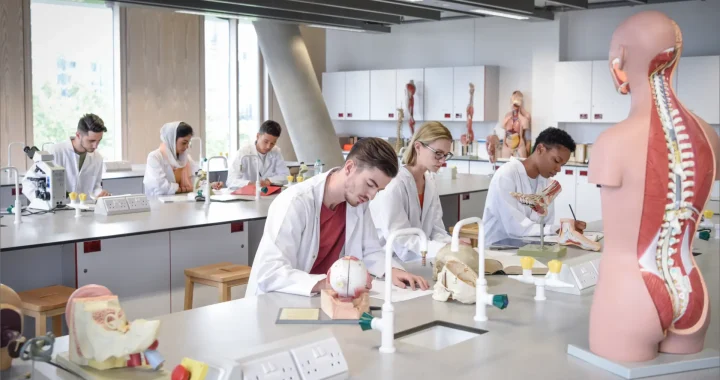A Lifetime of Brain Health: Tips for Every Decade

Cognitive health is vital for overall well-being, and the choices we make throughout life influence brain function as we age. While aging is inevitable, maintaining an active mind and body can help prevent cognitive decline. Here’s how to protect your brain at every stage of life.
In Your 20s and 30s: Build Strong Mental Habits
Young adulthood is the best time to establish brain-boosting habits. Physical exercise promotes new brain cell growth, enhancing learning and memory. Activities like jogging, swimming, or dancing stimulate cognitive function.
Mental challenges also play a crucial role. Learning new skills, solving puzzles, and playing strategic games like chess or Sudoku improve brain flexibility. Practicing mindfulness and meditation can enhance focus while reducing stress. Limiting screen time prevents digital fatigue, ensuring better mental clarity.
Similarly, within this timeframe of life, it can be easy to write off a head injury as nonserious. However, if you have suffered a head injury or are struggling with post-concussion symptoms, consulting a concussion neurologist is essential for proper diagnosis and treatment to ensure proper health in the future.
In Your 40s and 50s: Strengthen and Preserve Brain Function
During midlife, supporting brain health requires a nutrient-dense diet. Foods rich in antioxidants, omega-3s, and healthy fats—such as leafy greens, fatty fish, and nuts—help protect cognitive function. Staying hydrated is also essential for concentration and mood stability.
Maintaining a balance between mental stimulation and relaxation is key. While it’s important to stay mentally engaged, overworking the brain without proper rest can lead to burnout. Quality sleep, stress management, and self-care contribute to long-term brain health.
In Your 60s and Beyond: Maintain Cognitive Vitality
In later years, regular brain exercises like memory challenges and lifelong learning can slow cognitive decline. Staying socially active—through clubs, classes, or group activities—keeps the mind sharp.
Addressing hearing loss is also crucial, as untreated hearing difficulties can contribute to cognitive decline. Regular check-ups and cognitive screenings help detect issues early, allowing for timely intervention.
Regardless of your age, prioritizing brain health through exercise, a healthy diet, and meaningful social connections can help maintain mental sharpness for years to come. Taking proactive steps today leads to a stronger, more resilient mind in the future.


 Which delta 9 gummies are known for their potency?
Which delta 9 gummies are known for their potency?  Ways to Relieve Back Pain Naturally
Ways to Relieve Back Pain Naturally  The Life-Saving Benefits of Mohs Surgery for Skin Cancer
The Life-Saving Benefits of Mohs Surgery for Skin Cancer  Finding the Right Florida Pain Management Center
Finding the Right Florida Pain Management Center  The Science Behind Mobility Wheelchair Ergonomics
The Science Behind Mobility Wheelchair Ergonomics  Dynamic Data Charts Enhancing Wearable Health Monitoring
Dynamic Data Charts Enhancing Wearable Health Monitoring  The Role of Supplements in Modern Health: A Balanced Perspective
The Role of Supplements in Modern Health: A Balanced Perspective  The Art of Healing: A Comprehensive Look at Modern Treatments and Approaches
The Art of Healing: A Comprehensive Look at Modern Treatments and Approaches  The Evolution of Medical Science: From Ancient Remedies to Modern Breakthroughs
The Evolution of Medical Science: From Ancient Remedies to Modern Breakthroughs